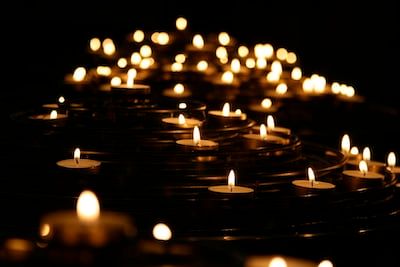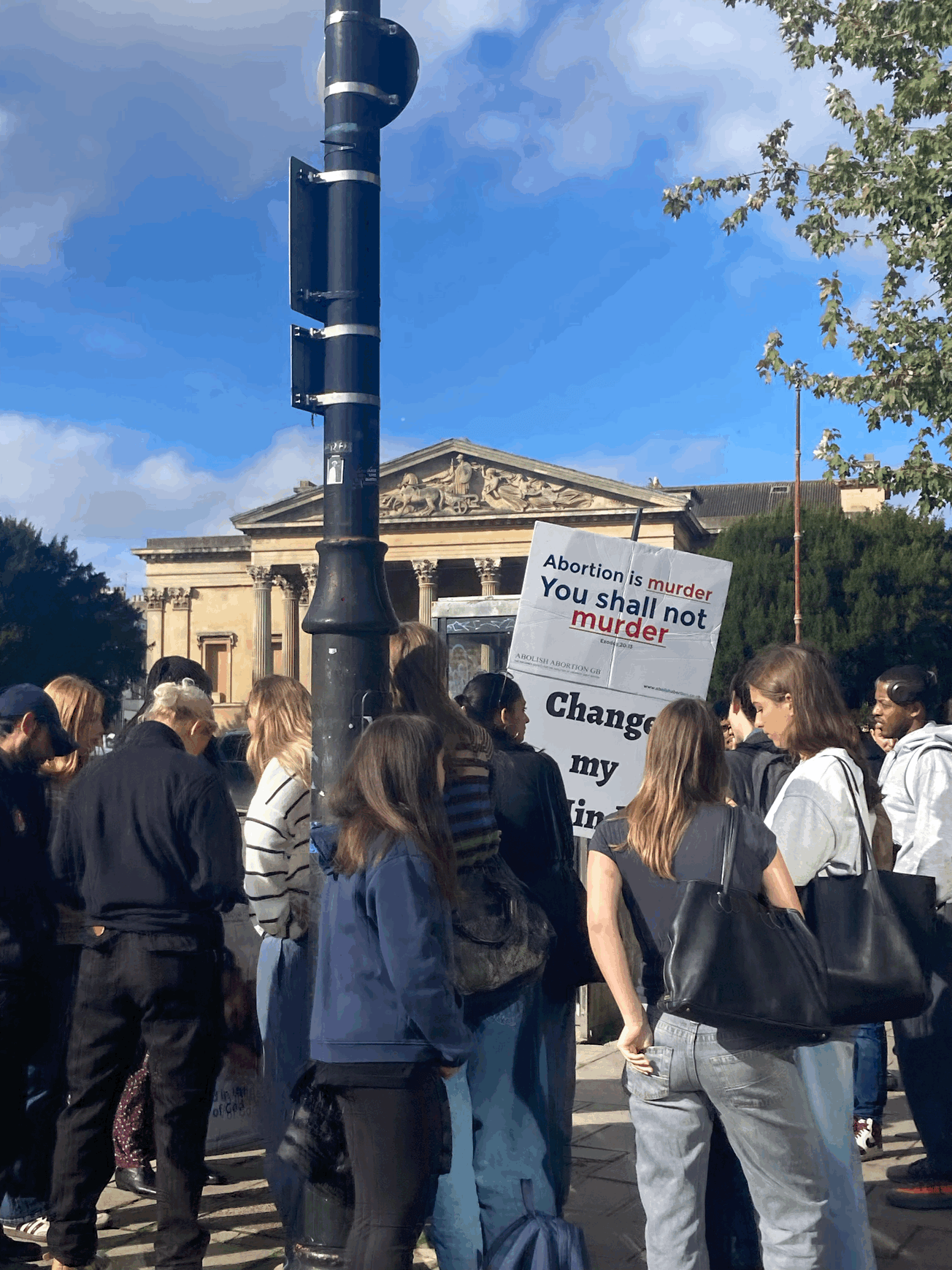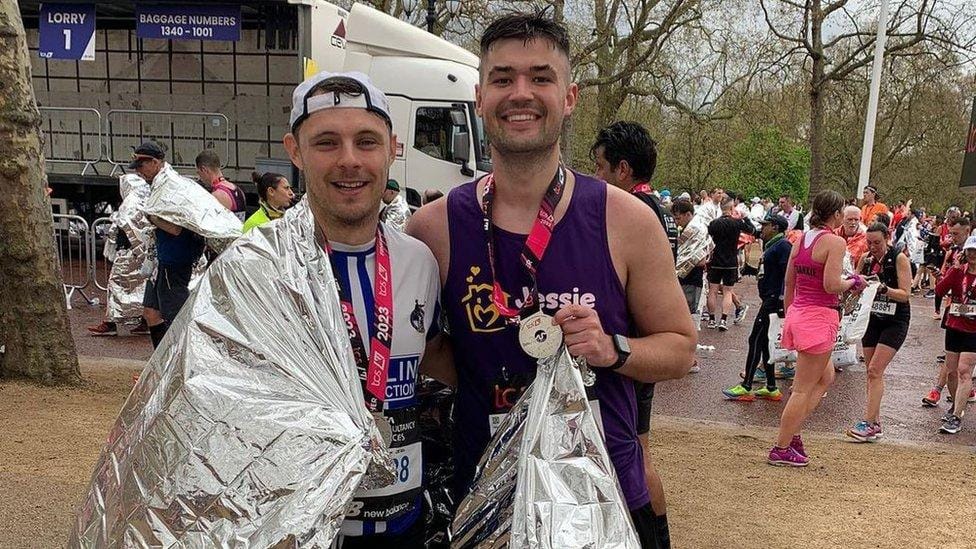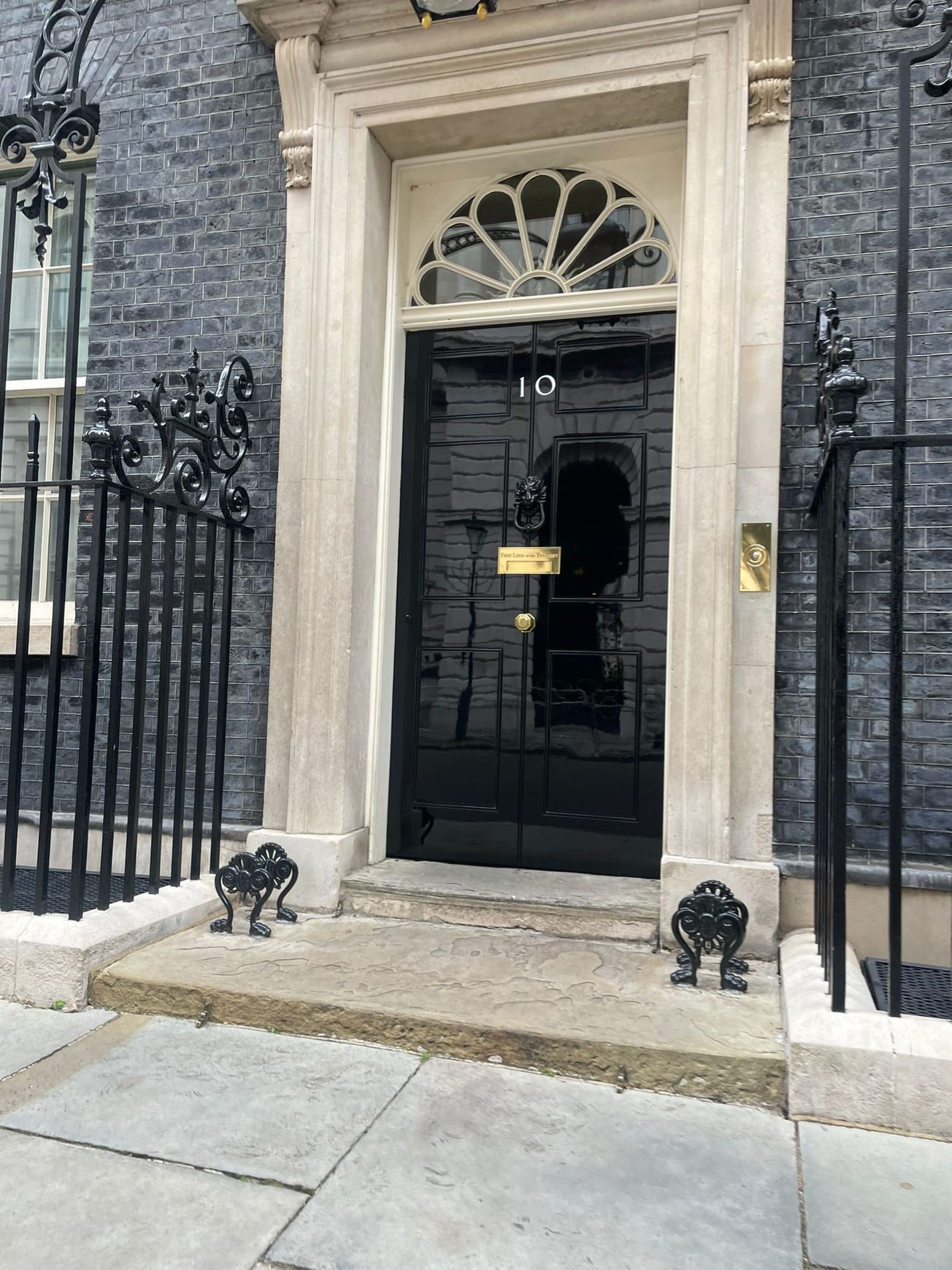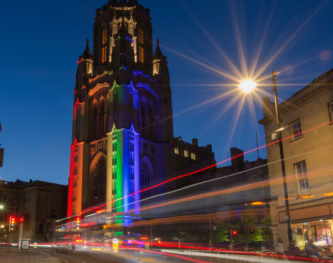By Milan Perera, News Reporter
The remarkable testimony of Holocaust survivor Tomi Reichental sends a stark warning to those who undermine democracy and fan flames of division.
On the night of 9th of November in 1938, referred to as “Kristallnacht”, Germany woke up to a reality of virulent antisemitism. During this night of ignominy, the Nazis torched synagogues, vandalised Jewish homes, schools and businesses, and murdered nearly 100 Jewish civilians.
It is no coincidence that Holocaust Survivor Week falls alongside the commemoration of Kristallnacht Massacre. The hybrid Zoom event held at the Wills Memorial Building was jointly organised by the University of Bristol Jewish Society (JSoc) and the University of Bristol History Society as a part of the nationwide commemoration of Holocaust Survivor Week. The event consisted of an in-depth conversation with Holocaust survivor Tomi Reichental, which was moderated by Guy Dabby-Joory of Union of Jewish Students.
The genocidal antisemitism perpetrated by the Nazi regime was not an isolated event, or an anomaly of history. Its roots can be found in the 2000+ years of anti-Judaism that preceded it. In this pervasive atmosphere of both blatant and latent antisemitism, the discussion could not have come at a better time. It is important to ensure testimonies of courageous individuals such as Reichental are not to be lost in the sands of time, since most survivors of the Holocaust are in the autumn of their lives or have passed on.
Born in Slovakia in 1935 and raised on a farm where he lived until the age of nine, Reichental recalled how his family was treated differently during early roundups in 1942, since their farming background meant they were viewed as “useful citizens”.
Yet this false sense of security was shattered into smithereens when he was arrested, along with his mother and brother, he was arrested by the Nazis in October, 1944. They were taken to Bergen-Belsen concentration camp in northern Germany, near Hanover. Reichental’s account of his ordeal was raw and harrowing, witnessing 35 members of his family, including his grandmother, perish in Auschwitz and Bergen-Belsen.
When the host, Dabby-Joory, asked him of the conditions in Bergen-Belsen, Reichental described its "function":
‘Bergen-Belsen wasn't an extermination camp but people were still dying through starvation and disease. Over 70,000 perished there, mostly Jews..’
Although the Holocaust was one of the most devastating tragedies in history, Tomi Reichental expressed his frustration at hearing people repeat the phrase “never again”, since genocide has continued to occur across the world to this day.
Speaking to Epigram about the event, JSoc president Shiri Kleinberg pointed out that:
‘We chose to run this event because this week (7th-11th November) is Holocaust survivor week, and it was important to us to hold an event during this time. We live in a time when the Holocaust is within living memory, and we still have the opportunity to hear about it first-hand. Future generations will not have this opportunity, so we must make the most of it, as it will then be our responsibility to pass it down to those who will never hear a survivor’s testimony themselves.’
When we asked of the importance of marking the Holocaust Survivor Week, Kleinberg indicated that:
‘While the Holocaust was a unique event, and it’s important to understand that, there are genocides that are carried out today and attempts at ethnic cleansing. We need to learn from the Holocaust and never let these things happen to human beings ever again.’
For further information about the Holocaust and action against genocide today, look here.

